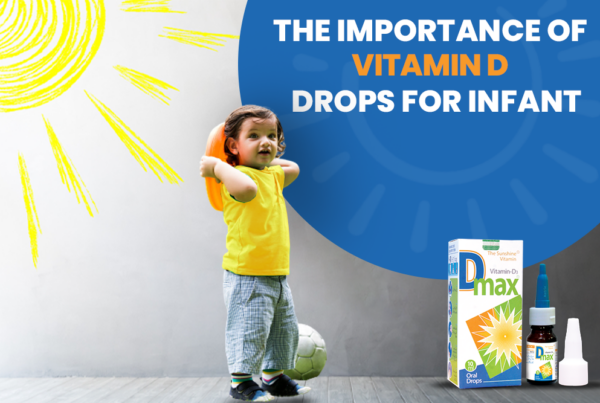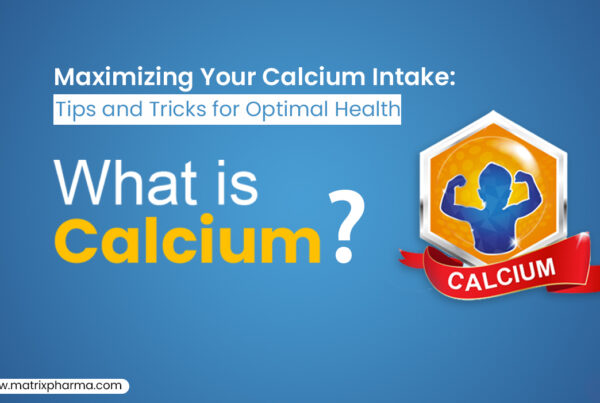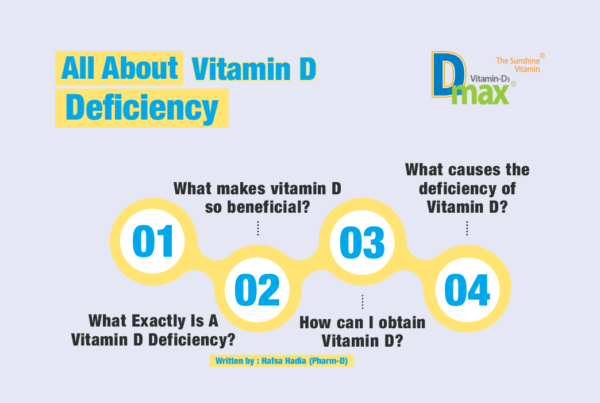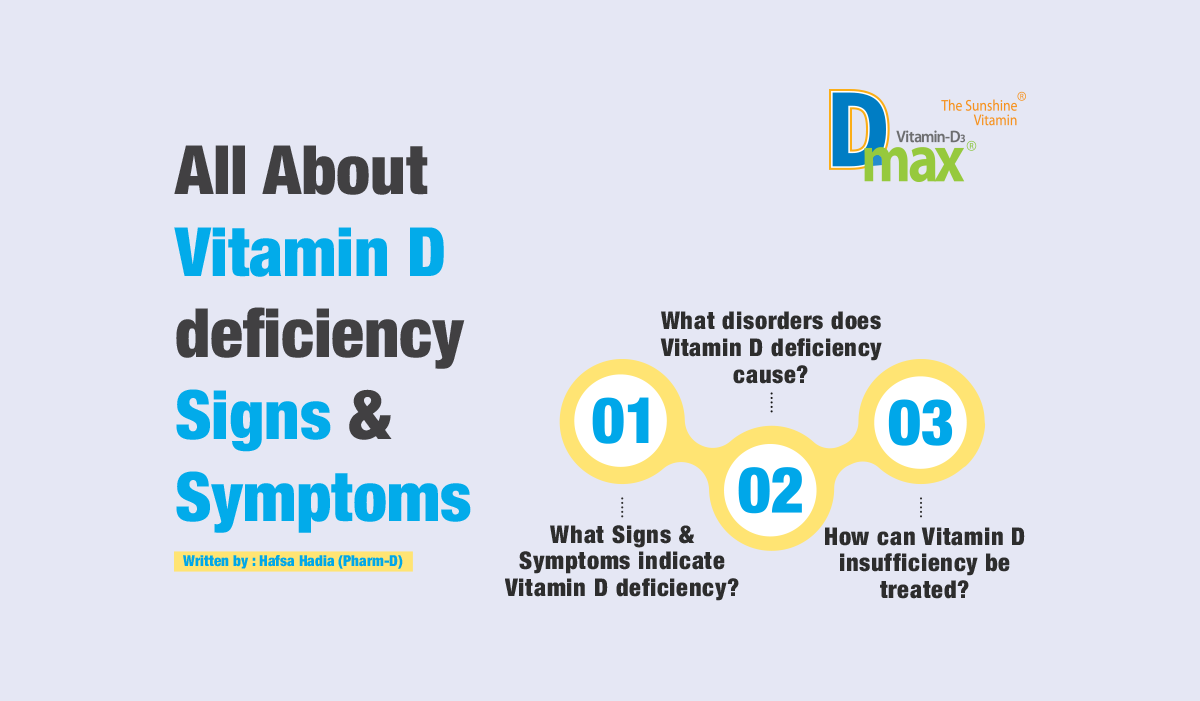
Numerous people confuse the problem caused by vitamin D insufficiency with other issues, which leads to negligence. Your body can gradually become weak and ill from low vitamin D levels. To avoid any serious problems, it’s crucial to understand the signs of vitamin D insufficiency.
- Fatigue and Weakness
Fatigue and extreme weakness are two of the most prevalent signs of vitamin D insufficiency.
- Mood Swings
A lack of vitamin D affects your entire body, causing mood swings and even depression at times.
- Hair Loss
Severe hair loss is another common symptom of vitamin D deficiency. This problem affects women more than men.
- Body Aches
Because Vitamin D helps maintain healthy bones, a lack of it can cause muscle aches and severe joint pains.
- Weight Gain
Excess weight is not a common sign, but it is primarily caused by a lack of Vitamin D.
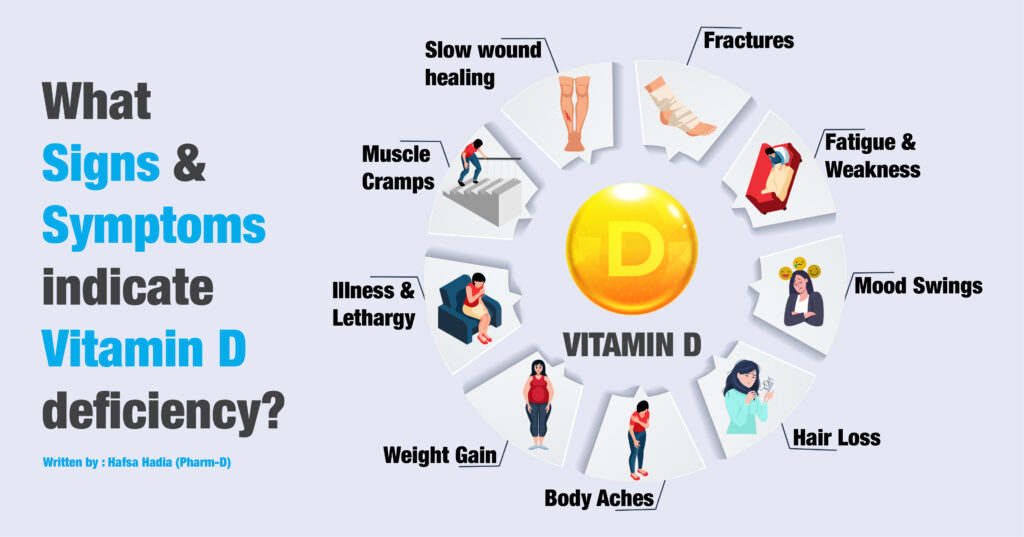
- Illness and Lethargy
Another symptom of low vitamin D is a frequent illness because vitamin D directly supports the cells that fight viruses and other diseases.
- Muscle Cramps
Although muscle pain and cramps are associated with a variety of other health issues, the most common is vitamin D deficiency.
- Slow wound healing
Low vitamin D levels may cause wounds to heal more slowly than usual.
- Fractures
People who have abnormally low vitamin D levels are more likely to have weak bones and are more susceptible to breaks and fractures.
If you have been dealing with any of the issues mentioned above for a long period, you may be deficient in vitamin D.
What disorders does Vitamin D deficiency cause?
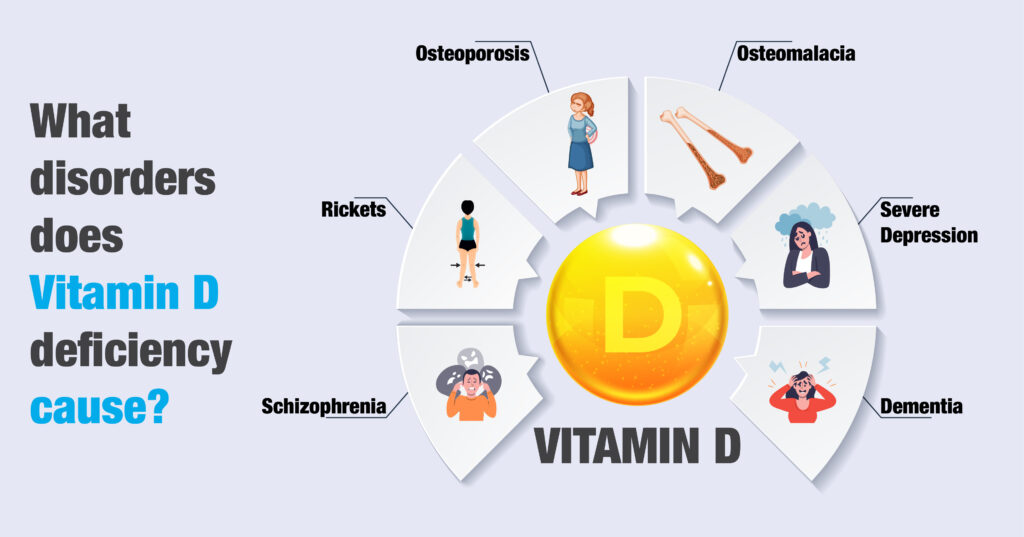
Although the majority of people do not view vitamin D as being as important as other vitamins, it may be the root of serious illnesses or health issues they are now experiencing. It is crucial to educate yourself on the diseases and protect yourself against them by making sure of a healthy intake of vitamin D.
- Osteomalacia
Osteomalacia develops in people with significant vitamin D insufficiency. It results in brittle bones, bone pain, and weakened muscles.
- Osteoporosis
One of the most common issues brought on by inadequate vitamin D is osteoporosis. Your bones grow brittle and weak as a result of the condition, which makes them shatter more frequently. It may also induce bone loss.
- Rickets
It may result in rickets in children. Rickets is a rare condition that makes bones brittle and prone to breaking.
- Severe Depression
Many individuals overlook this important vitamin since they are unsure of the link between depression and vitamin D insufficiency.
- Schizophrenia
Schizophrenia is more common in people who don’t get enough vitamin D. Hallucinations, problems in focusing, and irritability are all symptoms of this neurological condition.
- Dementia
Dementia is another disorder that is more common in people who are vitamin D deficient. You may not get it early in life, but if you keep living with the deficiency, your chances of developing dementia will gradually increase.
Vitamin D is being studied by researchers for possible links to a variety of medical conditions, including cancer, diabetes, autoimmune disease, and high blood pressure.
How can Vitamin D insufficiency be treated?
Supplements are commonly used to address vitamin D insufficiency, although a doctor’s guidance may be necessary for the right dosage. It can also be advantageous to get more sun and consume more vitamin D-rich foods like fatty fish and fortified dairy products.
Last Words
Vitamin D deficiency is quite common these days. Maintaining an adequate intake of Vitamin D, on the other hand, is not as difficult, and you can easily do so if you want to live a healthier life. All vitamins and nutrients are necessary for a healthy and happy life, but vitamin D is the most important.
FAQs about Vitamin D Deficiency:
What are the signs and symptoms of vitamin D deficiency?
Fatigue and weakness, Mood swings, Hair loss, Body aches, Weight gain, Illness and lethargy, Muscle cramps, Slow wound healing, Fractures
References:
https://ada.com/conditions/vitamin-d-deficiency/
https://www.yalemedicine.org/conditions/vitamin-d-deficiency

